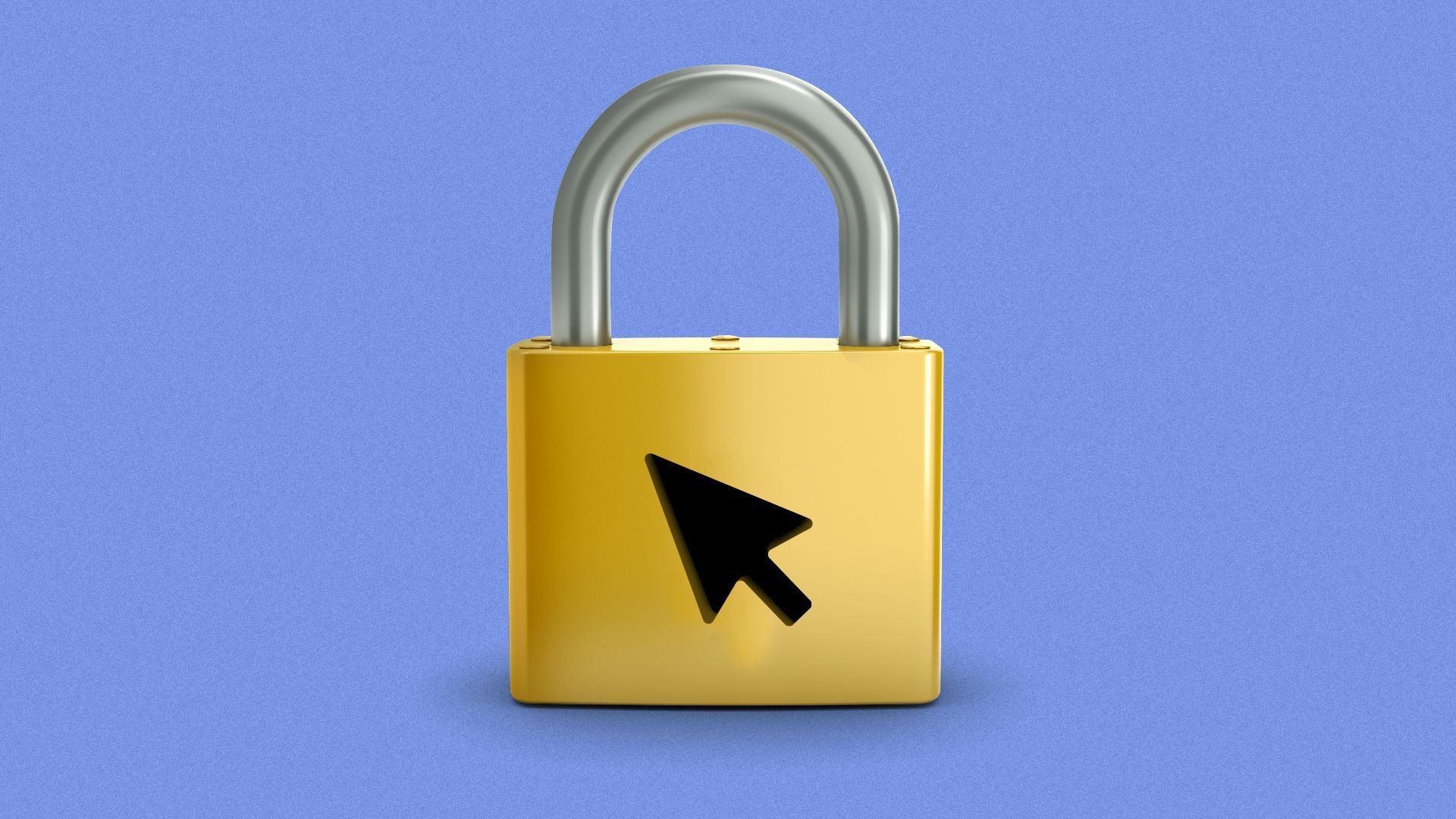 2021 attendance was online only. Data: CTA; Chart: Axios Visuals After two years of pandemic-driven setbacks, the Consumer Electronics Show is aiming for a comeback, Axios' Sara Fischer and I report. Driving the news: CES hopes to draw at least 100,000 in-person attendees to its annual trade show in Las Vegas this week — but it's unclear when, if ever, the mega-conference will return to its pre-pandemic peak of over 180,000 attendees. Catch up quick: CES went online-only in January 2021, just as vaccines were first being rolled out in the U.S. It returned in person in 2022, but saw only a quarter of the number of pre-pandemic attendees as the Omicron variant spread last winter. - This year, "the numbers look very strong," said Michael Kassan, CEO of MediaLink, a media advisory firm that hosts an array of programming at the event. "[W]e're seeing a strong response all the way around."
Yes, but: The vast majority of attendees typically come from the U.S., followed by China, which has recently faced a new COVID-19 spike after lifting some lockdown measures. - The Consumer Technology Association, the trade group responsible for the event, said it expects roughly one-third of attendees this year to travel internationally to attend.
Zoom out: As one of the largest trade shows in the world, CES sets the scene for dealmaking across tech, media, manufacturing and gaming industries each January. - More than 2,500 exhibitors from 166 countries are expected to debut new gadgets and products at the Las Vegas Convention Center this year.
- Executives across various industries will meet at smaller conference events throughout the city. Executives have 29 meetings on average while at CES, per CTA.
The big picture: In recent years, CES has broadened to include more industries that leverage technology but aren't traditionally categorized as tech. - This year, for example, keynote speakers include the CEOs of companies like John Deere, Delta Airlines and Stellantis, as well as top executives from companies like Netflix, Riot Games and UnitedHealthcare.
Be smart: There will be lots of new laptops, desktops, Chromebooks and smartphones announced this week. But most improvements in chips and software look likely to be incremental, meaning the landscape probably won't shift much. One thing to watch is how new devices reflect a world in which more work is being done remotely. Better webcams, for example, have become a priority for some device makers as Zoom has joined Office and the browser as a staple of employee productivity. The intrigue: The largest tech companies generally launch their biggest products at their own events where they can have the stage to themselves. - Apple, for example, rarely takes part in CES beyond sending a few employees.
What to watch: This year, the event will center around five key themes, per CTA: transportation and mobility; digital health; the metaverse and web3; sustainability; and "human security," or how tech addresses global problems. Editor's note: As in past years, Axios will provide a running post highlighting the biggest CES news all in one place. | 






No comments:
Post a Comment